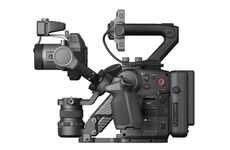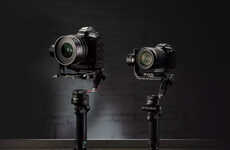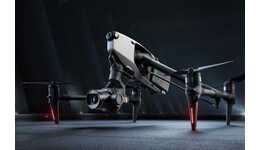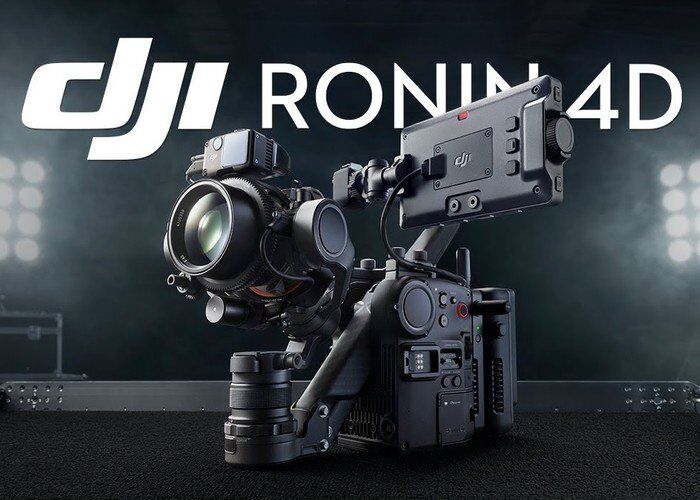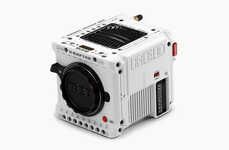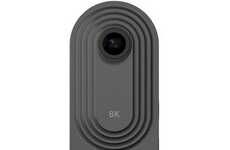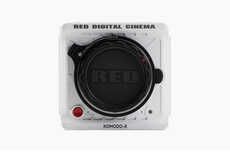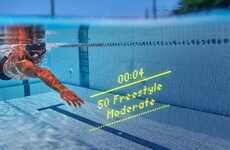
The DJI Ronin 4D Camera Has LiDAR for Impressive Low Light Performance
Michael Hemsworth — October 21, 2021 — Tech
References: dji & geeky-gadgets
The DJI Ronin 4D camera has been unveiled as a modular piece of videographer equipment from the brand that's focused on delivering exceptional versatility and performance in a customizable way.
The camera boasts an integrated gimbal that will allow users to capture professional footage anywhere and functions impressively in low light environments thanks to a LiDAR motion tracker to keep subjects in focus. The camera can even be remotely controlled to allow users to enjoy a wireless experience via their smartphone.
The DJI Ronin 4D camera is constructed with aluminum magnesium alloy for the main body of the camera, while the Z-axis arm is made with carbon fiber. The camera comes in two versions to choose from that are capable of recording in 6K and even 8K.
The camera boasts an integrated gimbal that will allow users to capture professional footage anywhere and functions impressively in low light environments thanks to a LiDAR motion tracker to keep subjects in focus. The camera can even be remotely controlled to allow users to enjoy a wireless experience via their smartphone.
The DJI Ronin 4D camera is constructed with aluminum magnesium alloy for the main body of the camera, while the Z-axis arm is made with carbon fiber. The camera comes in two versions to choose from that are capable of recording in 6K and even 8K.
Trend Themes
1. Modular 8K Camera - The trend of modular 8K cameras with customizable features provides opportunities for businesses to develop new camera components or new camera models that can cater to various needs of professional videographers.
2. Lidar Motion Tracking - LiDAR motion tracking technology can disrupt the camera industry by making it possible to capture high-quality video footage in low-light environments. Businesses can invest in developing similar or improved technologies for their own products.
3. Remote-controlled Cameras - The trend of remote-controlled cameras through smartphone apps can provide opportunities for businesses to develop advanced features in their cameras that allow users to control and monitor the footage in real-time from their smartphones.
Industry Implications
1. Camera Manufacturing - Camera manufacturing companies can take advantage of these trends by incorporating new technologies and features into their camera models, thereby enhancing the quality and versatility of their products.
2. Technology - Technology companies can explore the trend of developing high-quality cameras that integrate advanced software features such as LiDAR motion tracking and remote-control capabilities to improve video recording and editing experiences.
3. Media and Entertainment - The trend of modular 8K cameras can present disruptive innovation opportunities for businesses in the media and entertainment industry, as it allows for immersive 360-degree video content and enhances production value for film, TV shows, and live streaming events.
3.2
Score
Popularity
Activity
Freshness


